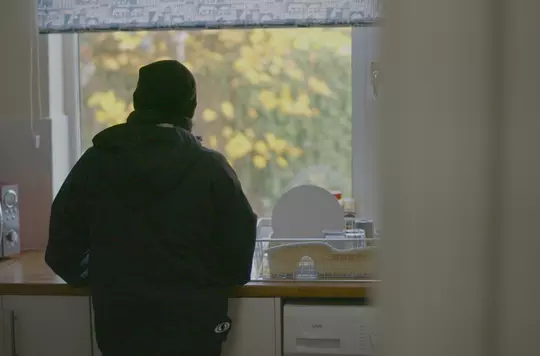Response to The Modern Slavery Act 2015 Committee Report
The Salvation Army welcomes the publication of a new report from the Modern Slavery Act 2015 Committee in the House of Lords.
In its report, the Committee examines the current modern slavery policy framework and identifies the changes needed to ensure the intentions of the Modern Slavery Act to ‘tackle, prevent and disrupt modern slavery’ are implemented in practice.
As part of the Modern Slavery Act 2015 Committee’s examination, Major Kathy Betteridge, Director of the Anti-Trafficking and Modern Slavery Unit, gave oral evidence to the Committee in March 2024. The Salvation Army also submitted written evidence to the Committee.
We were pleased to see that our evidence was featured in the report and that it also highlighted findings from a lived experience roundtable.
The report builds on the Home Affairs Select Committee’s report on human trafficking. Both reports highlight the regressive impact of recent immigration legislation on the UK’s ability to identify and support all survivors, which has undermined the 2015 Modern Slavery Act’s intention to protect, not punish survivors. The Modern Slavery Act 2015 Committee calls for these policy changes to be reversed and the safeguarding of victims be once again prioritised.
It was encouraging to see that the Committee’s report recognised The Salvation Army’s concerns with the First Responder system. The report recommended that the Government provide guidance for First Responder Organisations (FROs) on making quality referrals into the NRM so ‘victims are not disadvantaged by being handled by particular FROs.’
The report also called on the Government to increase the number of FROs and ensure FROs meet their obligations to survivors, echoing The Salvation Army’s concerns around the current capacity of non-statutory FROs.
The report also referenced The Salvation Army’s call to allow foreign national survivors of modern slavery the right to work while receiving support in the NRM.
In our written evidence to the Committee, we stated:
Further, the report identifies that visa schemes, such as the Health and Care visa, leaves migrants at risk of exploitation. It calls on the Government to provide rights to workers on visa schemes to change employer and renew visas and to enforce compliance with labour standards through a Single Enforcement Body are welcome recommendations, recognising the growing number of modern slavery cases in the care sector. Looking at the Employment Rights Bill currently making its way through Parliament, the Fair Work Agency will address the report’s call for a Single Enforcement Body, ending the previously fragmented approach to labour enforcement.
Finally, the report examines the Modern Slavery Act’s establishment of the requirement for companies to produce modern slavery statements, identifying that this legislation doesn’t go far enough in enforcing the requirement companies to undertake modern slavery due diligence. The recent cases of forced labour in supermarkets and McDonalds’ supply chains in the UK serves as a pertinent reminder of the need for the Modern Slavery Act to be be strengthened to ensure companies take responsibility to root out exploitation in their supply chains.
The House of Lords Committee on the Modern Slavery Act 2015 report concludes that the UK’s response to modern slavery has not evolved to keep up with the progress of other nations. We hope that as the new year marks 10 years since the passing of the Modern Slavery Act, the new Government takes this opportunity to implement the report’s recommendations to ensure the UK is once again a world leader in the fight against modern slavery.

Modern slavery policy
Standing with survivors to put their voices at the heart of policy and practice.

Modern slavery
We have been combatting slavery and supporting survivors of this horrendous crime since our earliest days, but what is modern slavery and how can we spot the signs in our own community?

How we support survivors
Find out how we support survivors of Modern slavery through our Government contract and a wide range of specialist services.

First Responders
Learn more about how victims of modern slavery are identified and referred to get support.